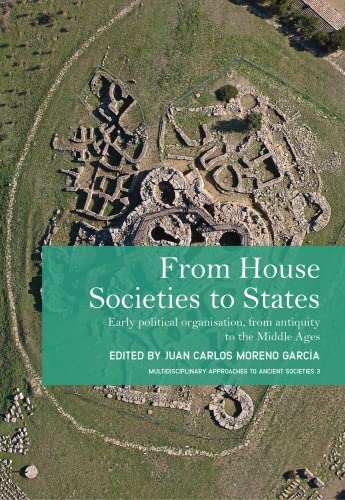

Most ebook files are in PDF format, so you can easily read them using various software such as Foxit Reader or directly on the Google Chrome browser.
Some ebook files are released by publishers in other formats such as .awz, .mobi, .epub, .fb2, etc. You may need to install specific software to read these formats on mobile/PC, such as Calibre.
Please read the tutorial at this link: https://ebookbell.com/faq
We offer FREE conversion to the popular formats you request; however, this may take some time. Therefore, right after payment, please email us, and we will try to provide the service as quickly as possible.
For some exceptional file formats or broken links (if any), please refrain from opening any disputes. Instead, email us first, and we will try to assist within a maximum of 6 hours.
EbookBell Team

0.0
0 reviewsThis book explores such small-scale socio-political organizations, their potential and the historical trajectories they stimulated. A selection of historical case studies from different regions of the world may help rethink current concepts and views about the emergence and organization of political complexity and the mechanisms that prevented, occasionally, the emergence of solid polities. They may also cast some light over trajectories of historical transformation, still poorly understood as are the limits of effective state power.
…